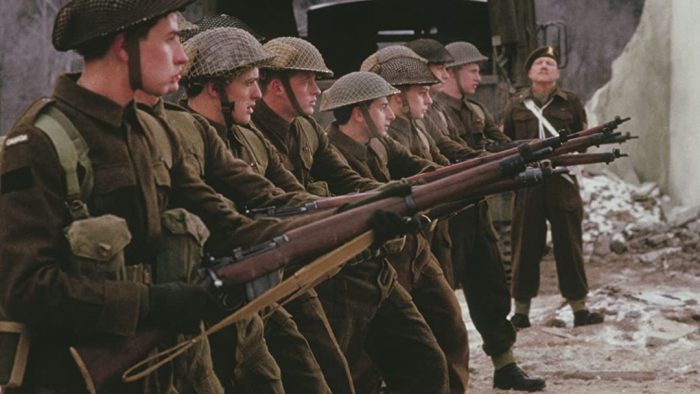This short story, just under 500 words, was an exercise in a writing class June last year. We were asked to write a short piece, autobiographical or fiction, about a mistake that led to significant consequences.
——————————-
I remember a lecture I went to by mistake. It was at an OU Summer School, mid-afternoon after a heavy session in the student union bar with some other tutors. The lecture I had intended to go to was about contemporary political ideologies. I was told later that it had been mind-numbingly boring. The one I went to by mistake and fell asleep during was on contemporary theoretical physics. My eyes were already half closed as a young man with a hopeful beard, peering earnestly over the lectern through thick lensed glasses, was telling us that the world is mathematical. It can be discovered and described by mathematics and it can be proven mathematically that there are an infinite number of simultaneously existing universes. Therefore, he concluded (probably exceeding his brief), everything that can happen has or will happen and that we each simultaneously are living an infinite number of different lives.
As I drifted into a deep alcohol induced slumber I wondered if in some other universe any of this was making sense. In this universe I was woken up by the young woman sat next to me because of my snoring. If it hadn’t been for my mistake in going to that lecture, I wouldn’t have ended up having a very pleasant and stimulating evening with the self-same young woman at the traditional OU Summer School Last Chance Disco.
That of course turned out to be another mistake without which I would not have had such a short career with the OU and probably the whole train of events that led to me marrying her and a whole raft of other mistakes, like you, wouldn’t have happened. I can see you’re upset. Perhaps you can take some consolation from the fact that in one of the other lives you are concurrently living, I am not your father. I certainly take some comfort that somewhere else I am happy and you are not my son.
But, in a parallel universe, perhaps I’m hugging you. Yet somewhere else no doubt you are beating me to death, probably with the help of your mother. In another universe I am a rent boy or a go-go dancer with an improbable bust.
This is all, of course, what my mother would have called bollocks. It is the case that much of the world can be described mathematically. But much of it can’t. Statistical probabilities are not mathematical certainties. Many mathematical formulae and proofs are simply that – mathematical. Not all mathematical formulations have real-world correlates. The only realities that correspond to the infinite possibilities my short-sighted, sparsely bearded young physics lecturer so confidently and erroneously asserted are the realities that live in the creative minds of the artists, poets and writers. There, in the dark and dusty corners, the nooks and crannies of moist fecundity, all things are possible. Those are the alternative worlds I inhabit.

 Fred sitting in his canvass picnic chair, tartan blanket over his lap, glass of Zinfandel in hand, smile on his face, looking at the evening birds swirling, twirling, diving and dining on the myriad insects hovering and shimmering in the sunlit early autumn evening air. He was thinking of fifty years before, in love with life, in love with his wife, devoted to his children and the Labour Party, the benevolent and caring foster parent of them all. Their guardian angel. Astride his Raleigh Shopper he could go anywhere. Shopping of course, the pub, the club, the quiet country lanes but never too far, and three times a week to the Labour Committee Rooms. Once a month, like almost everything else he did, a labour of love, he delivered by hand the Party newsletter to the membership. He knew all the streets, the lanes and cul de sacs, the ginnels and cut throughs, the islands of wealth and poverty in a sea of drab suburban uniformity, the class configured landscape of the 70s.
Fred sitting in his canvass picnic chair, tartan blanket over his lap, glass of Zinfandel in hand, smile on his face, looking at the evening birds swirling, twirling, diving and dining on the myriad insects hovering and shimmering in the sunlit early autumn evening air. He was thinking of fifty years before, in love with life, in love with his wife, devoted to his children and the Labour Party, the benevolent and caring foster parent of them all. Their guardian angel. Astride his Raleigh Shopper he could go anywhere. Shopping of course, the pub, the club, the quiet country lanes but never too far, and three times a week to the Labour Committee Rooms. Once a month, like almost everything else he did, a labour of love, he delivered by hand the Party newsletter to the membership. He knew all the streets, the lanes and cul de sacs, the ginnels and cut throughs, the islands of wealth and poverty in a sea of drab suburban uniformity, the class configured landscape of the 70s.